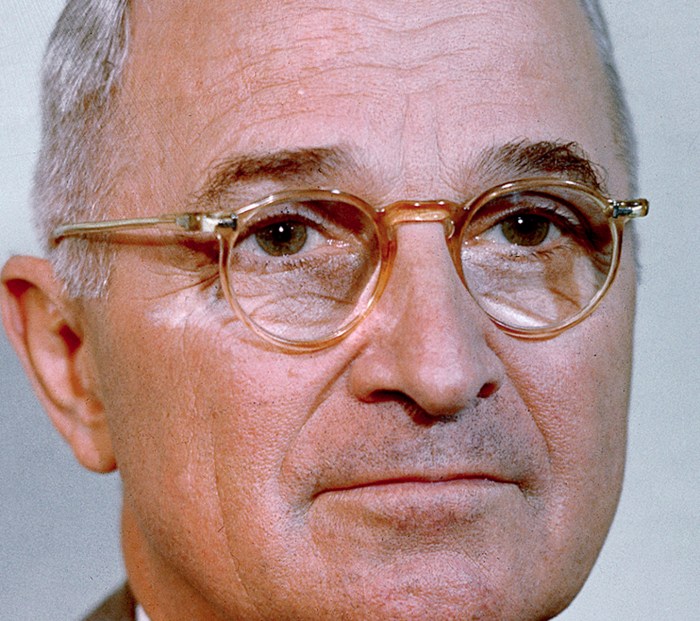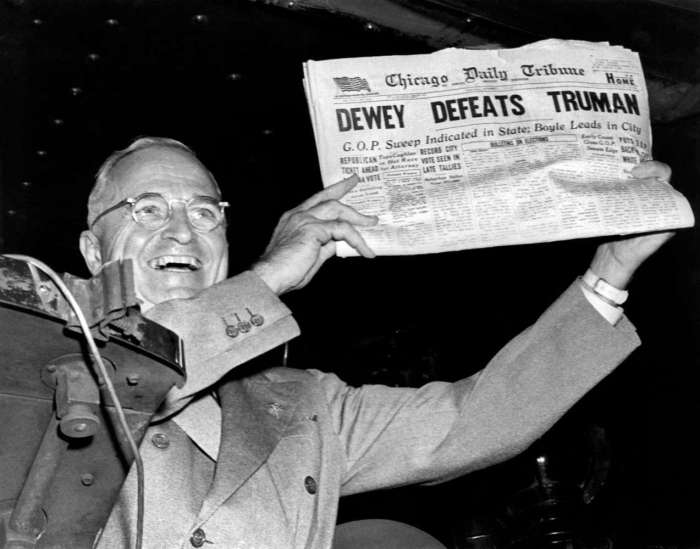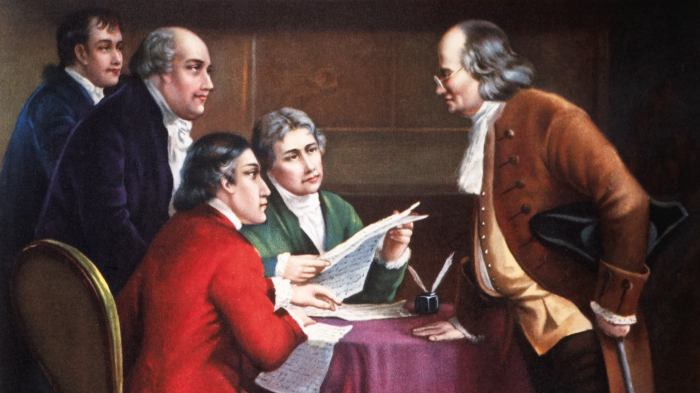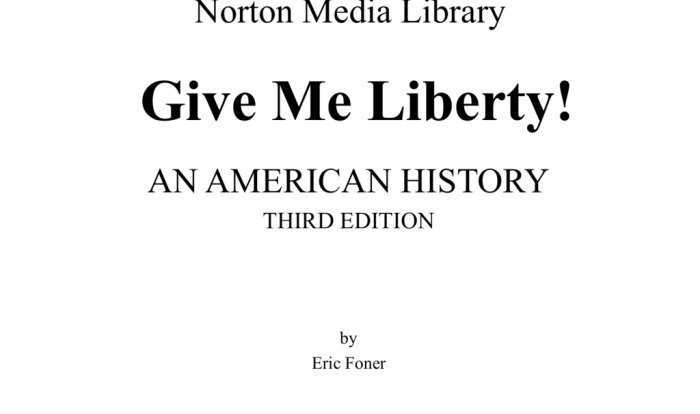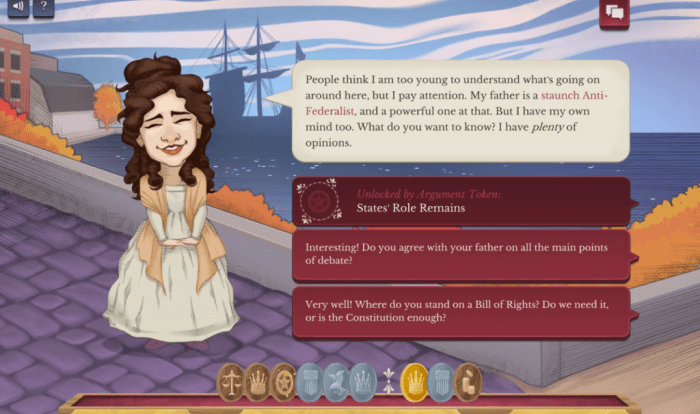What is mccarthy’s message to president truman – In the annals of American history, the name Joseph McCarthy stands as a towering figure, his message to President Truman reverberating through the nation’s political landscape. This pivotal moment, encapsulated in the Wheeling speech, marked the beginning of a turbulent era characterized by fear, suspicion, and the erosion of civil liberties.
McCarthy’s accusations of communist infiltration within the government sent shockwaves through the nation, galvanizing public opinion and propelling him to the forefront of American politics. The Army-McCarthy hearings, a televised spectacle that captivated the nation, became a battleground for McCarthy’s relentless pursuit of alleged communist sympathizers.
McCarthy’s Background: What Is Mccarthy’s Message To President Truman
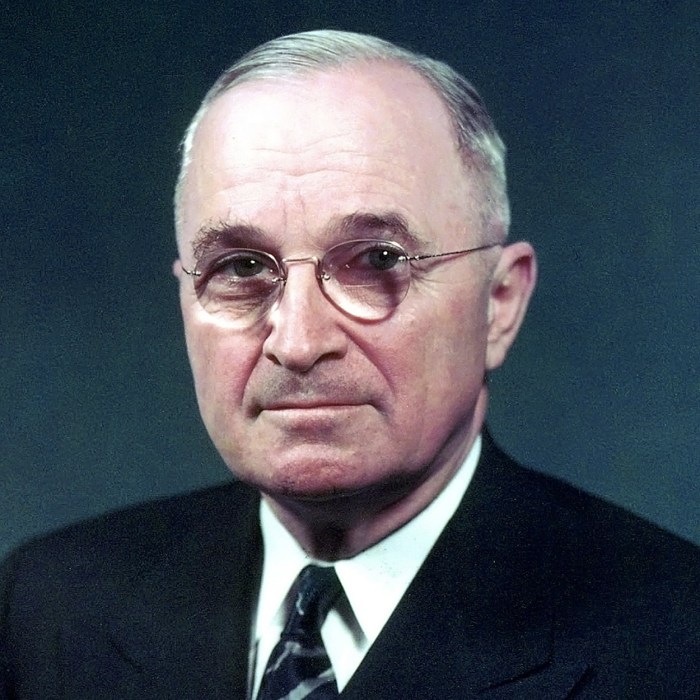
Joseph Raymond McCarthy was born in Grand Chute, Wisconsin, on November 14, 1908. He grew up in a devout Catholic family and attended Marquette University in Milwaukee, where he studied law. After graduating in 1935, McCarthy practiced law in Wisconsin and served as a district attorney.
In 1942, he was elected to the U.S. House of Representatives as a Republican.
McCarthy quickly gained a reputation as a staunch anti-communist. He was a vocal critic of the Truman administration’s handling of the Cold War and accused the government of being infiltrated by communist spies.
The Wheeling Speech
On February 9, 1950, McCarthy delivered a speech in Wheeling, West Virginia, in which he claimed to have a list of 205 communists who were working in the State Department. This speech marked the beginning of McCarthy’s anti-communist crusade and had a profound impact on American politics.
McCarthy’s accusations were largely unsubstantiated, but they nonetheless created a climate of fear and suspicion. Many Americans were convinced that the government was being infiltrated by communists, and McCarthy’s demagogic rhetoric appealed to their deepest fears.
The Army-McCarthy Hearings, What is mccarthy’s message to president truman
In 1954, McCarthy’s anti-communist crusade reached its peak with the Army-McCarthy hearings. These hearings were held to investigate McCarthy’s charges that the U.S. Army was harboring communists. The hearings were televised and became a national spectacle.
During the hearings, McCarthy’s bullying tactics and unsubstantiated accusations were exposed. He was eventually censured by the Senate for his conduct, and his career was ruined.
McCarthy’s Legacy
McCarthy’s downfall marked the end of the McCarthy era, but his legacy continues to be debated. Some historians argue that McCarthy was a dangerous demagogue who damaged American democracy. Others argue that he was a patriot who exposed the threat of communism.
Regardless of one’s opinion of McCarthy, there is no doubt that he had a profound impact on American history. His anti-communist crusade created a climate of fear and suspicion that lasted for years. His legacy is a reminder of the dangers of demagoguery and the importance of protecting civil liberties.
FAQs
What were McCarthy’s key accusations in the Wheeling speech?
McCarthy alleged that there were 205 known communists working in the State Department.
What was the significance of the Army-McCarthy hearings?
The hearings exposed McCarthy’s tactics of unsubstantiated accusations and bullying, ultimately leading to his censure by the Senate.
How did McCarthyism impact American society?
McCarthyism created a climate of fear and suspicion, leading to the blacklisting of individuals and the erosion of civil liberties.
